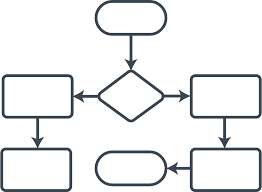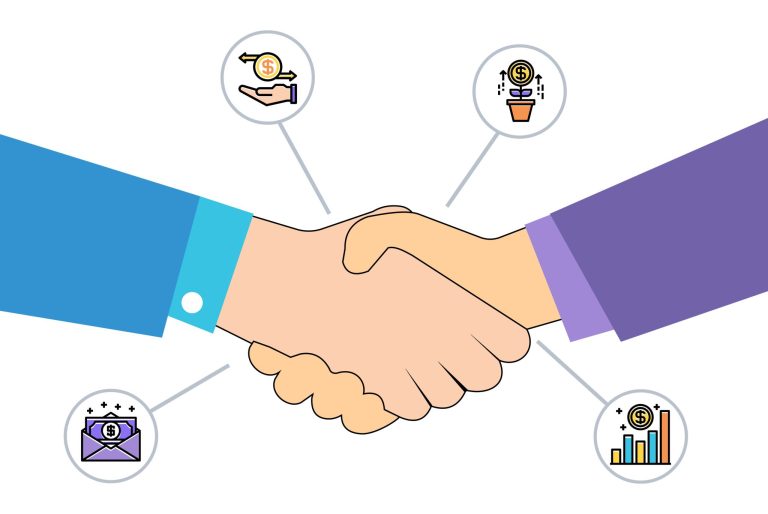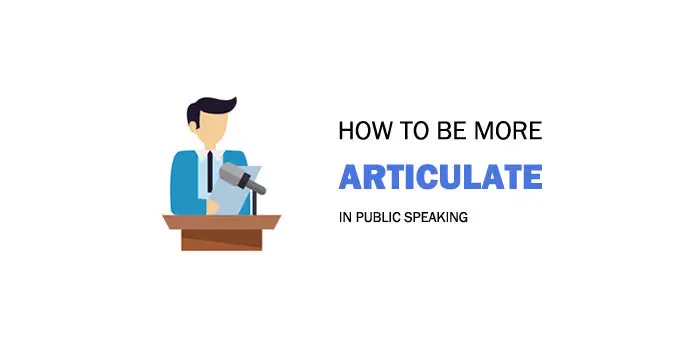How to Learn Faster – Scientifically Proven Strategies
There’s no doubt about it – learning takes time and dedication. But what if there were ways to make the process a little easier?
While cramming the subject doesn’t work in the long term, following good and effective learning practices helps you pick it up a little quicker.
In this blog post, we’ll discuss scientifically proven strategies for studying and reviewing concepts, as well as lifestyle changes you can make so you remember things better!
1. Tell yourself you can do it.

If you think you can learn something, you’re more likely to succeed.
We know that it can be a little daunting to learn something complex, but it gets a lot easier if you trust in yourself.
There are many benefits to having a positive mindset when it comes to learning. First and foremost, a positive mindset gives you the confidence you need to tackle difficult material. When you believe in your ability to learn, you’re more likely to put in the effort required and actually master the material.
Whenever you have a negative thought about learning, push it back and replace it with something positive instead.
- For example, rather than thinking, “I’ll never be able to understand this,” you can reframe it as, “If I put my mind to it, I can learn this.”
- Keep the benefits of what you’re learning in mind while you’re learning so you stay excited about it.
Having a positive mindset will make the learning process easier and more enjoyable. When you’re enjoying yourself, you’re more likely to stick with it – and see results!
2. Take notes with pen and paper.

You’re more likely to remember something you’ve written down.
When you take handwritten notes, you’re forced to process the information in a more deliberate way. You have to select the most important points, and then write them down in your own words. This process helps you learn and remember the information better than if you were simply typing it into a computer.
While taking notes by hand is slower and more cumbersome than typing, the act of writing out the information fosters comprehension and retention through muscle memory.
3. Repeat and practice what you’ve learned.
It’s not enough to simply read and understand the material – you need to practice it as well. Repetition helps embed the information in your memory so that it’s easier to recall when you need it. Try working through practice problems or writing about the subject matter in your own words.
4. Organize information using charts and diagrams.

When information is organized in a visually appealing way, it’s easier for your brain to process it. Charts and diagrams help you see relationships between different concepts, which makes learning easier overall.
5. Take a 5-minute break each hour.

Even a short breather gives your brain some time to refocus. Your brain gets tired when you overload it with information. Try to give yourself a few minutes every hour to rest and step away from what you’re learning.
Take the time to get up, stretch, and do something relaxing. At the end of your break, focus back on your studies with a clear mind. Since you’ve given your brain some time to relax, it’ll be easier for you to pick up on the information.
6. Exercise regularly.

When you exercise, your body releases endorphins which improve your mood and help you focus. Exercise also increases blood flow to the brain, which helps you learn and remember information better.
In addition to the health benefits of exercise, it can also help improve your memory. Regular exercise not only keeps your body healthy, but it also keeps your mind healthy. When you exercise, you’re actually training your brain to function better.
So if you’re looking for an easy way to improve your memory, start exercising regularly! It’s a simple habit that has huge benefits for your overall health and cognitive function.
7. Get enough sleep.

Most people know that getting enough sleep is important, but many don’t realize just how crucial it is for learning and memory. When you’re well-rested, you’re able to focus better and learn more efficiently.
During sleep, your brain consolidates information from the day into long-term memory. This process helps you remember what you learned and makes it easier to access later on. If you skimp on sleep, your brain won’t have enough time to do this important work, and you’ll struggle to remember things.
So if you want to learn and remember information effectively, make sure you get enough sleep! It may seem like a lot of work to go to bed early every night, but in the long run, it will be worth it.
8. Avoid multitasking

Multitasking may seem like a helpful way to get more done, but it actually has the opposite effect. When you multitask, your brain is constantly switching between different tasks, which reduces your focus and memory capacity.
In order to learn and remember information effectively, you need to focus on one task at a time. When you multitask, you’re not giving your brain the opportunity to process the information fully. This can lead to problems with comprehension and recall.
So if you want to learn and remember things better, avoid multitasking! It may be difficult to break the habit, but it’s worth it in the long run. Focusing on one task at a time will help you learn and remember information more effectively.
9. Make an analogy to something you already know.

When I’m trying to remember a complex topic, making an analogy to something I already know helps a lot.
For example, if you have trouble understanding the structure of an atom, you might compare it to the solar system. The electrons rotate around the nucleus of an atom just like the planets go around the sun. That analogy helped me remember the process much more easily than if I had just tried to memorize the steps.
Making analogies is a great way to connect new information with things that you already know. When the information is connected in your mind, you’re more likely to remember it. So if you’re struggling to remember a complex topic, try making an analogy to something that’s familiar to you. It may be just what you need to help things click!
10. Teach the information to someone else.
When you teach something to someone else, it helps you remember it better. You need to know what you’re teaching well so that you can explain it to the other person. When you teach something, it stays in your mind more clearly.
By following these scientifically proven strategies, you can learn faster and more effectively!








